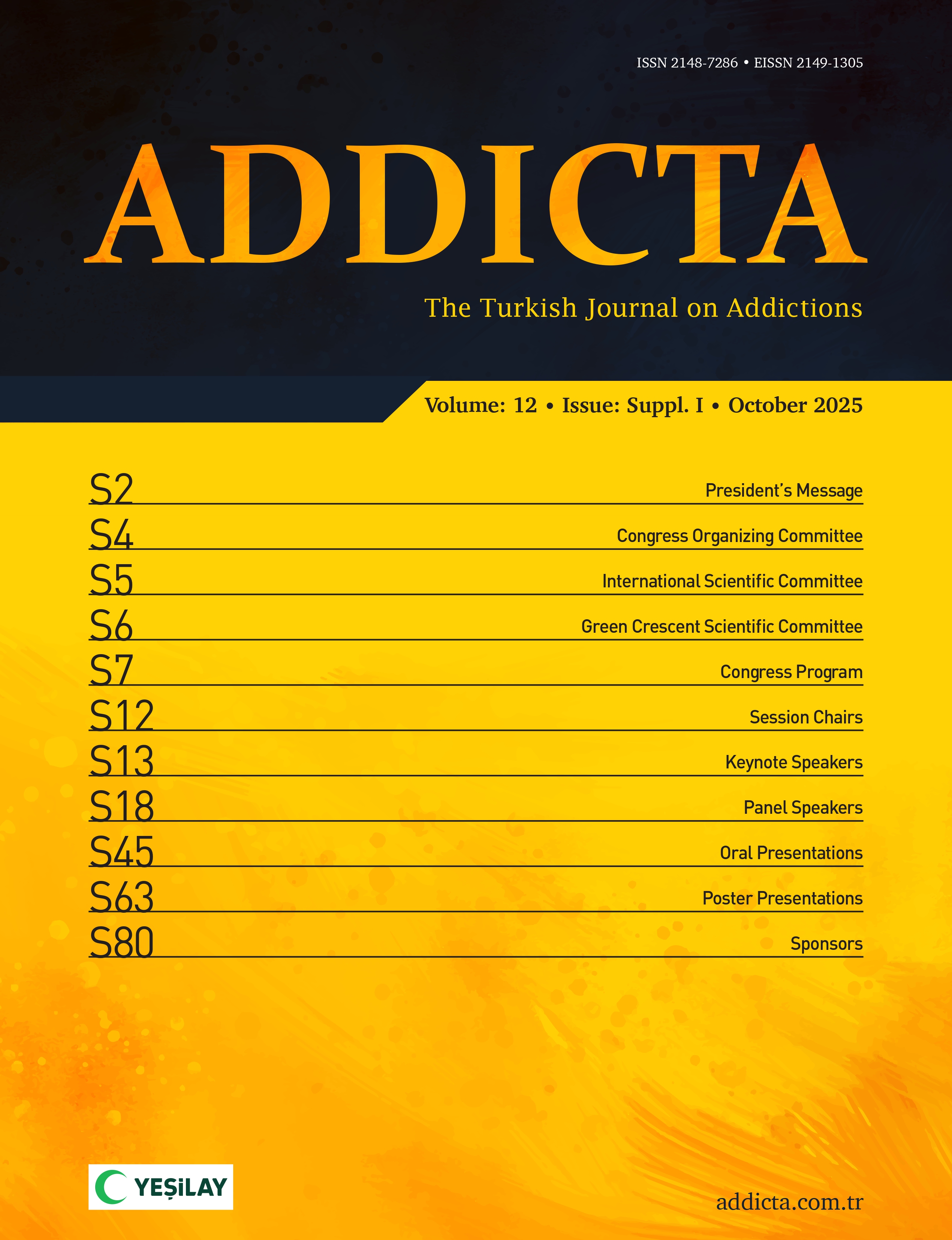On the one hand, the Internet is an indispensable tool of today; on the other hand, it has become a main risk that causes addiction. This study aims to examine the relationship of Internet addiction in gifted and talented students with their gender; having smartphones, computers, and Internet access; purpose for using the Internet; the frequency of Internet use; and time spent on it. This study has been conducted using the causal-comparative and correlational research designs; 421 gifted and talented students studying at the Science and Art Centers in Ankara, Kırıkkale, Kırşehir, and Siirt participated in the study. The Internet Addiction Scale has been used to identify participants’ Internet addiction levels. Data were collected in May, 2015. The results reveal that gender doesn’t have a significant effect on gifted students’ Internet addiction and that deprivation, control difficulty; general Internet addiction is high for students with smartphones; and students with computers and smartphones with access to the Internet are more addicted to the Internet. Internet addiction levels are higher for students who use the Internet for chatting, playing games, and social media than for students who use the Internet for doing research. The more frequently a student uses the Internet and the more time spent on it increases the addiction level.
To cite this article: Kurnaz, A., & Tepe, A. (2019). Examining Internet addiction in gifted and talented students through different variables. Addicta: The Turkish Journal on Addictions, 6, 665−689. http://dx.doi.org/10.15805/addicta.2019.6.3.0025T

.png)


.png)
.png)